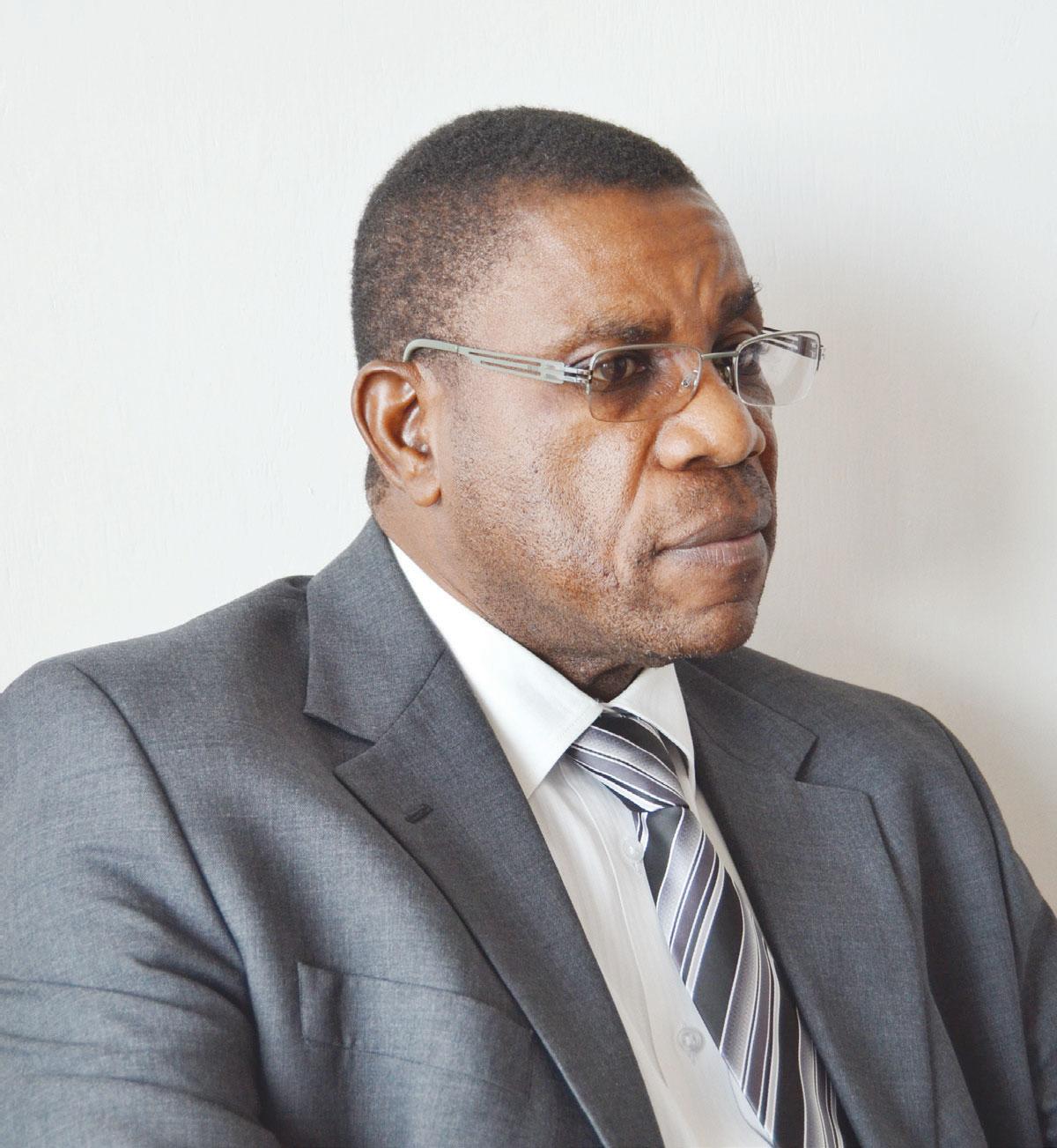Africa-Press – Malawi. The 2020-2021 farming season brings tormenting memories to Jonex Ngwaru, a subsistent farmer from Mzimba District, in the northern tip of Malawi. He has been growing maize for the past 13 years.
But during the last season, Ngwaru had a date with fate when he fell prey to unscrupulous traders who sold him about 20 kilogrammes of fake maize seed at Mzimba Trading Centre.
“I bought the seed at an authorised dealer shop and when I opened the pack for planting the following day, the seed looked authentic,” he says as he recalls the ordeal.
“The seed looked well treated and well coloured, which could not make one suspect any foul play,” he says.
Only when the maize crop, which he planted on about one-and-a-half of the two acres field, started withering and discolouring while at knee level, did Ngwaru get puzzled. He had already spent close to K250, 000 on labour and fertliser purchase, he says, which he had applied earlier.
“The crop was stunted and chances of reviving it were very low because, at the time, the rainfall pattern was impressive. The situation was completely different on the other portion of the farm, where I planted a different variety,” he says.
This is the time he realised that he had been sold a dummy. Ngwaru’s ordeal is not unique as, each year, scores of farmers of various crops including tobacco are swindled by unscrupulous traders— except that they suffer in silence.
A recent report by Traction and its coalition members including Civil Society Agriculture Network (Cisanet) and Farmers Union of Malawi (Fum) shows that between 40 and 60 percent of seed flooding the local market is fake.
While some is produced locally by uncertified firms, much of it enters the country through unchartered routes, evading the system at official border entries.
Farmers Limited Organisation, a certified supplier of agricultural commodities in the country, has had its commodities faked, laments its national sales and marketing manager Ronald Chilumpha.
“These reports are true and the problem is huge. There are people producing counterfeit seed where they take maize, for instance and paint it to have colours of actual seeds.
“The unscrupulous traders have access to branded packs of legitimate seed producers through the backdoor and use grain meant for consumption, tint it, disguising it as original seed. This is flooding the market,” Chilumpha says.
He says the commodities are even found in recognised outlets and agro-dealer shops. On the other hand, President of Fum—an umbrella body for farmers in the country—Frighton Njolomole, argues that the gaps are glaring because there is no candid law to protect farmers.
“The 1996 Seed Act, which is currently being used, is outdated,” he says. “This has a huge bearing on the economy at large and the agriculture sector in particular as the mainstay of the economy.”
Njolomole says most of the penalties are lenient and non-prohibitive against several offences. But the 2019 Seed Bill has toughened up some of the penalties as the fine reaches as high as K50 million for some offences.
The law, in general, provides for the regulation and control of production, processing, sale, importation, exportation and testing of seed in line with regional and global requirements, including the provision for stiff and deterrent penalties.
While acknowledging extent of the fake seed problem, the government says in the long-run, review of the law, which will bring in stiffer penalties, would be an ideal remedy.
Ministry of Agriculture spokesperson Grecian Lungu says the magnitude of the problem is, however, easing by day, thanks to introduction of modalities and technologies such as scratch card, where each seed pack is labelled for authentication.
“When the Seed Bill is discussed and passed, it will help bring sanity. As of now, anyone is doing anything at will,” he says. Malawi remains susceptible to the influx of commodities which are found wanting and way far below standardisation levels, according to experts.
Other fake products such as consumables, cosmetics, soaps and lotions continue finding their way into the country from neighbouring countries, posing a health risk to consumers are well as the economy.
The Malawi Bureau of Standards (MBS) is responsible for the preparation and publication of Malawi standards and, more importantly, safeguarding the best interest of consumers and standardisation.
The problem is that, even after pre-certifying a product, its officials seem not to be under any obligation to follow through. No wonder, there is an endless influx of harmful foreign products that are being consumed at will, albeit with negative health consequences.
Addressing the Parliamentary Committee on Commissions, Statutory Corporations and State Enterprises recently, acting MBS Director General Rex Moyo conceded that the bureau faces hurdles in containing the influx of substandard products including consumables.
“For us to be effective, we need to be tipped. That way, we would be able to reach out to all corners of the country,” he said.
Malawi, relatively small when compared to neighbours Zambia, Tanzania and Mozambique, is, ironically, the destination of a thousand-plus condemned products.
Consumers Association of Malawi (Cama) Executive Director, John Kapito, blames it on the country’s porous borders. “Malawi has been a huge dumping ground of substandard products. This is worrisome for a country.
“It is a big challenge that institutions which were set to safeguard consumers’ are sleeping on the job. We are killing our own people if we are not careful,” Kapito said.
The Police say they are tirelessly working hand-in-hand with other agents to counter the vice, according to National Police spokesperson, James Kadadzera.
While fake products are flooding the local market, and while it is possible that some consumers only lost money, others may never travel back to normal health.
For More News And Analysis About Malawi Follow Africa-Press






